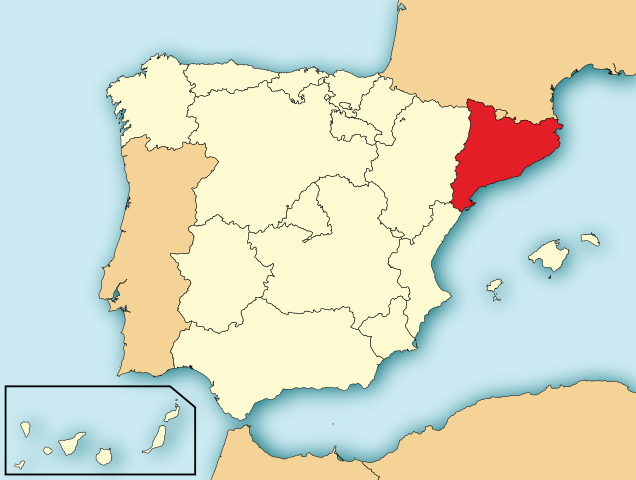The popular retelling says that on the eleventh hour of the eleventh day of the eleventh month of 1918, the guns of August 1914 finally fell silent, ending “The War to End All Wars.” The popular follow-up joke is to point out that the Second World War, which began nearly twenty years later, proved that label false. Today the date remains a holiday in many of the Allied countries – including the United States, where it is now called Veterans Day.
In fact, not only did the war not really end on November 11th 1918, but the continuing fighting actually sprawled even further across the world. In many ways, it’s the wars “after the war” that really shaped what was to follow and the world we live in today, far more than almost any battle in World War One itself on the original fronts in Europe.
A shattering, rolling wave of secondary war, which began with the Bolshevik Revolution in Russia 369 days before the Western Front Armistice, triggered five “bonus” years of very heavy fighting that reformulated the modern world after the supposed cease-fire. These were waged in part by various revolutionary and counter-revolutionary local armies in a dozen countries, by anti-colonial forces against Western colonialists, and by the same Allied Powers that would continue to insist the war had ended in November 1918.
The famous Versailles Treaty was preceded and followed up by round after round of accompanying treaties frantically attempting to bridge the widening gap between the “ideal” boundaries envisioned by the victorious Allied Powers and the facts on the ground. One of these side treaties was so delusional it purported to divide Ottoman territory under Allied directive by agreement with the Ottoman sultan, who no longer had the effective power to sign any deals, and with the borders to be drawn by a nearly incapacitated Woodrow Wilson less than a year after his stroke. It was, of course, never implementable.
From the Russian Civil War … to the border battles of the former Russian imperial territories against each other … to the wars exploding across the former Ottoman Empire … to the far-flung European colonies around the world, World War One continued to grow, metastasize, and envelop country after country well beyond November 1918.
When it was all truly over, Europe had a half-dozen new states, a half-dozen others had already come and gone, the Middle East was carved up along the arbitrary lines of today’s conflicts, Turkey had declared independence from itself and the 16th century, a Communist government solidly held power in Russia and Ukraine after defeating the same military forces that had just broken the German Empire, Ireland had departed from Britain by force and civil war, several African and Pacific colonies had been arbitrarily reassigned to Western rulers speaking entirely different languages from the earlier colonizers, and existing colonies were laying the groundwork for mass resistance and violent separation.
Compared to the glacial, inch-by-inch pace of the four-year battle for control of highly strategic Belgian mud, the wars that followed often seemed to shift and create national borders faster than ocean tides.
Read more





 With the absentee ballots finally all counted, Alaska Sen. Mark Begich (D)
With the absentee ballots finally all counted, Alaska Sen. Mark Begich (D) 
